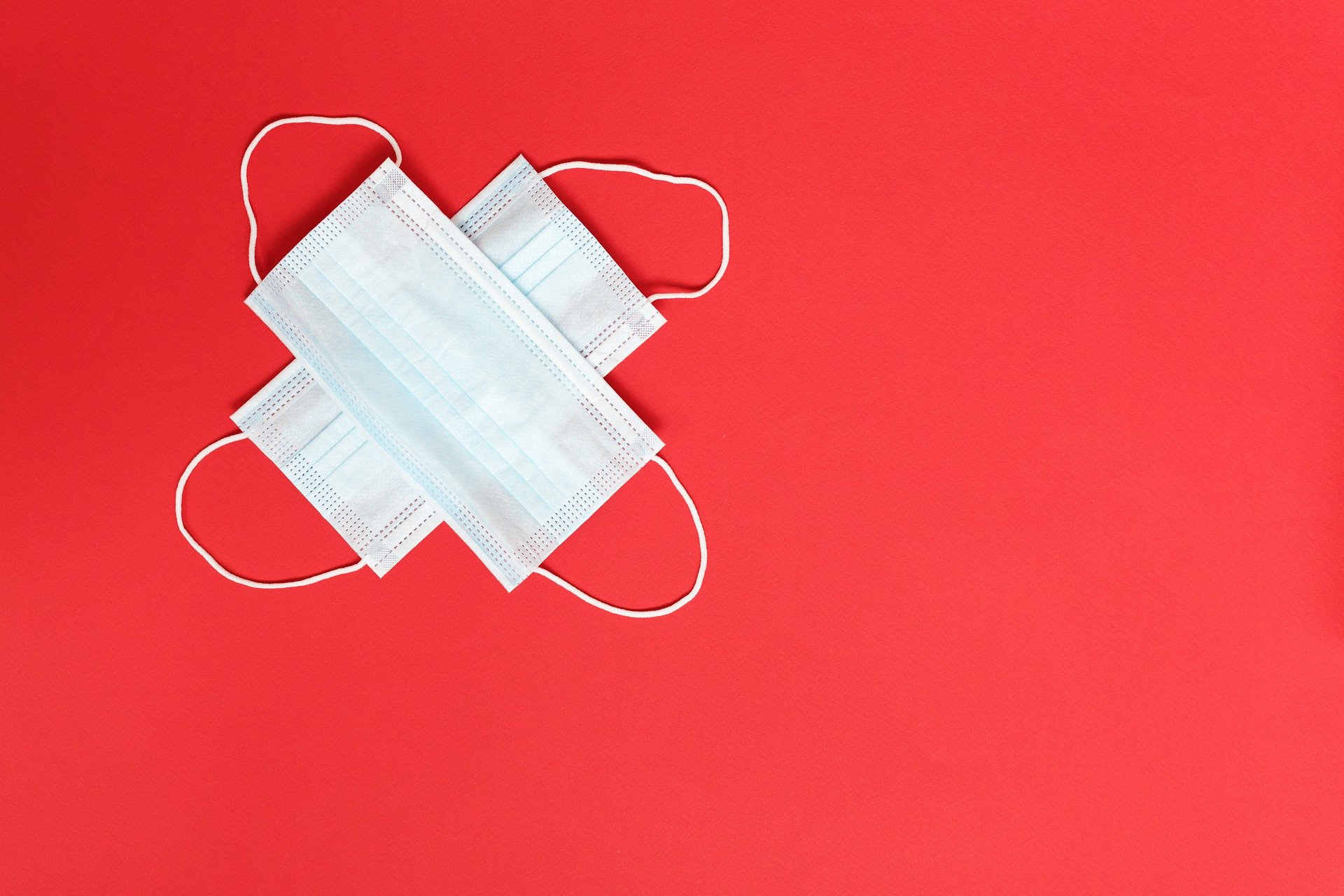
Coronavirus Cases to Look for Fraud

I get asked a lot what the new areas of Whistleblower reward law will be and if responses to the Coronavirus will create new fraud cases. It’s often difficult to see the future. Still, I think I see some impacts that are woth considering, especially for those out there in a position to report wrongdoing. When area has received a lot of attention for potential fraud, but seems unlikely to me to be something that the False Claims Act will be used to fight successfully, while another is flying under the radar and needs attention.
When the PPP program first came into existence and the government was spending billions through it, many thought it would create a lot of large False Claims Act cases. Many even held seminars based on this idea.
There may well have been fraud related to the PPP program. I take it back, I’m sure there was fraud related to the PPP program at least in the layman’s sense of the term, but it was not a great False Claims Act issue no matter how many seminars my colleagues hosted on it. Why? Well the PPP program did not hand out huge (by US government standards) amounts of money. The terms of the program were loose enough that proving somebody lied on a form would be tough. It’s difficult to sue for fraud the government seems intent to give away. Yes, I know its not technically that simple, but in practice I do not think you will see many PPP False Claims Act cases. A few sure.
That’s all probably just as well. The PPP program was not a new agency or a long term matter the government contemplated. We may well need another such program in the future, but here’s hoping we don’t long term, or if we do, that the rules are clearer.
This brings up an unfortunate fact of False Claims Act life. Damages. Under the False Claims Act one technically does not need to show damages to bring a case. The Law also allows for civil fines. So much for legal requirements. Realistically is a whistleblower in a position too pursue a case if there is little potential reward? Can we expect over worked government lawyers and agents, confronted with many new cases, to spend their careers chasing a few hundred thousand dollars on behalf of a government with trillions at statke? Sometimes when that money is fraudulently obtained and there is also a safety issue, or a security issue we do expect government officials to pursue the cases.
The PPP program did not seem to involve major awards of money, or issues of safety. In the rush to get the money out the door, the requirements to obtain the money were not clear enough to make such fraud easily actionable either. Hopefully, we won’t need it again, but if we do next time clear rules might make recoveries more possible.
There has, however, been a real change in the practice of medicine, which may lead in the long term to new cases. Tele-health, for obvious reasons has been expanded. More services can be provided, more can be charged to more government programs through such practices. In principle and mostly as applied this is great. It should save time, it should save money and it should keep people healthy.
Unfortunately, some of the most unscrupulous companies in the world can also find a way to exploit telehealth to market almost any kind of medical product.
It is not hard to figure that an expansion of telehealth, while absolutely needed in terms of medical necessity, can lead to prescriptions and orders for medical devices which may not really be medically necessary, especially when prescribed by some health care providers who may have less contact with patients than before.
Telemedicine involves patient care, the potential for damages is very high and since it is a new and expanding area of health care paid for by the government, we should all be on the look out for these cases. Nobody wants health care resources diverted to fraud, now especially.












